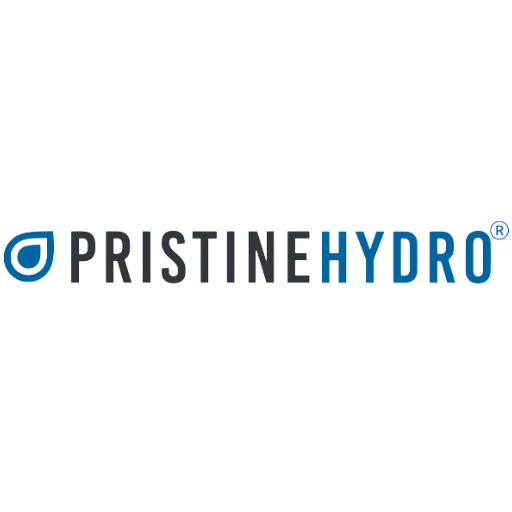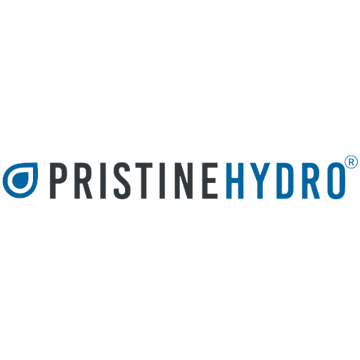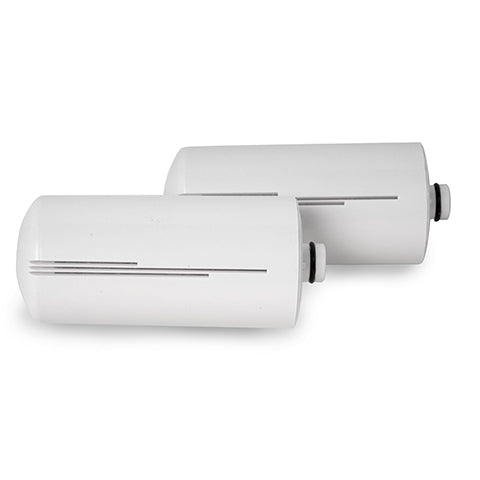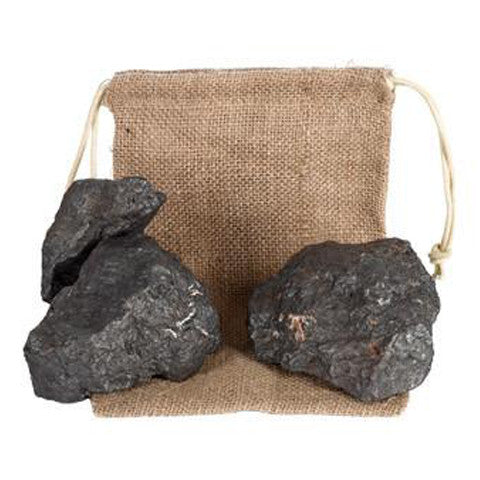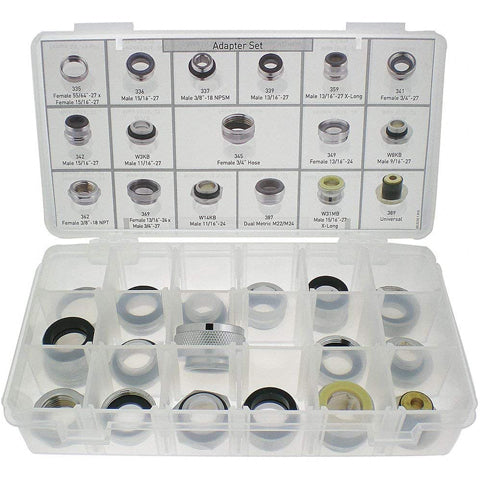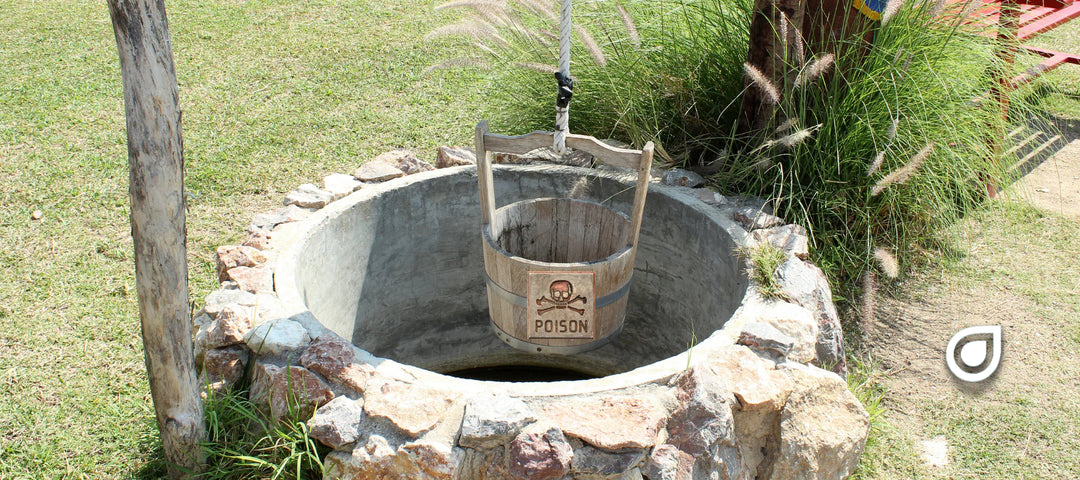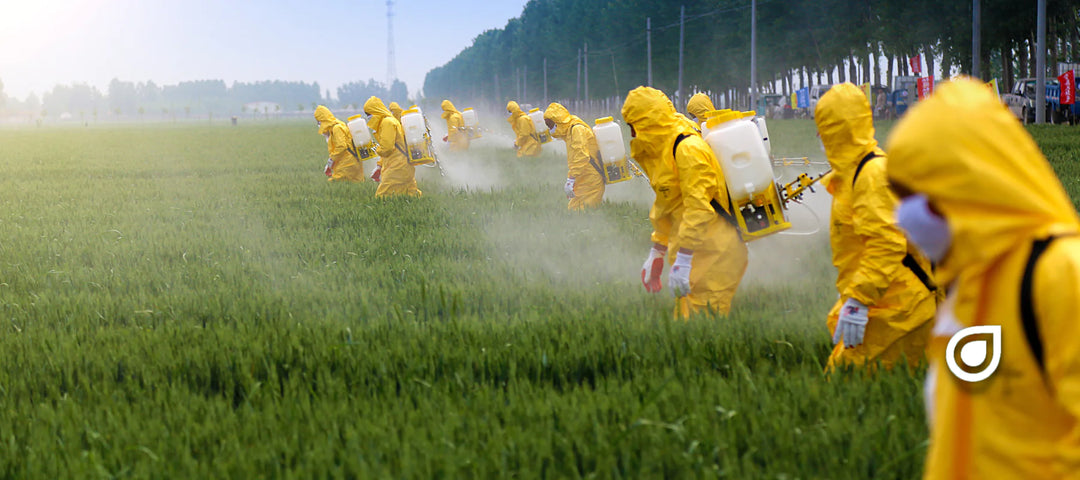The Truth About Commercially Bottled Water Quality and BPA's
The reason?
Most of us think drinking bottled water is a healthier choice. And, of course, bottled water sometimes seems to taste better than tap water.
But, is it really better for us and for the world around us?
Put simply, drinking bottled isn’t what it’s cracked up to be – both for the body and the environment (if bottled in plastic) - and in the following paragraphs, we’ll explore why.

Where Bottled Water Comes From
In the United States, when you buy bottled water, it comes in two forms: water from municipal services and water from natural sources.
“Natural spring water” is pulled from springs around the country, while “naturally sourced water” from artesian wells, artesian wells from pressurized aquifers, or mineral water (which contains at least 250 parts per million of dissolved minerals from underground water).
When a bottle of water is labeled “spring water”, it usually comes from an underground water source or a natural spring. However, it’s usually up in the air as to where “naturally sourced water” comes from.
The brand name may indicate that it comes from somewhere exotic like a glacier or an arctic spring, but in reality, it may be from a town in the middle of New York… or anywhere else for that matter. In fact, 40 to 45 percent of bottled water is reprocessed municipal water… i.e. tap water.
Of course, it’s highly possible that the bottled water you’re buying has gone through distillation, reverse osmosis, or another filtration process, but in the end, it’s still no better than the water you could filter in the comfort of your own home.

And It Gets Worse… Bisphenol A (BPA)
The majority of plastic bottles contain chemicals that make their way into the water you’re drinking. Bisphenol A (BPA), a highly toxic chemical, has been directly linked to plastic water bottles. BPA is a weak synthetic estrogen that can block or mimic estrogen in the body. Plus, it can disrupt thyroid hormones and has been directly linked to breast cancer in some scientific studies.
Not only is BPA dangerous for the living, but it’s also been implicated in negative effects on unborn children and may even increase a woman’s chance of miscarriage.
And then there are Phthalates, the chemical responsible for helping plastics become more flexible. Phthalates have potential links to endocrine issues including metabolic disruption, obesity, diabetes, and more.
They may even negatively affect children negatively, especially their cognitive development and motor skills.
You can find more information about one of the most widely used synthetic compounds within this link to PubMed: Bisphenol A (BTA).

Why Bottled Water Regulation Is Concerning
Water is regulated under the Safe Drinking Water Act via the Environmental Protection Agency, while bottled water is regulated by the Food and Drug Administration (FDA).
But here’s where it gets super sketchy – FDA regulations don’t apply to bottled water unless it goes from one state to another. This is hugely concerning because that’s an estimated 60 to 70 percent of the total bottled water supply in the US.
So truthfully, unless you know EXACTLY where your bottled water is coming from and it’s housed in glass bottles, it may not be safe for your mind and body at all.
This is probably why there have been numerous water recalls over time. Recalls have centered around bacterial issues, mold, kerosene, algae, glass fragments, and even bug particles in bottled water.
Is Your Tap Water Safer Than Bottled Water?
The simple answer to this is… you should probably check: EWG's Tap Water Database 2021 Update
Since 2013, water utilities' testing has found pollutants in Americans' tap water, according to the EWG drinking water quality analysis of more than 31 million state water records.

Wonder How Tap Water Treatment Works?
In the United States, it usually works in four steps:
While this process is thorough, there are some negatives to drinking unfiltered tap water.
Sometimes it just plain tastes horrible, concerning contaminants have been known to sneak through, and chemicals like chlorine can wreak havoc on your skin and respiratory system.
This is why a growing number of Americans are investing in-home filtration systems.
For anyone concerned about health, investing in a water filtration system for the home should be mandatory...
And for those who're SERIOUS about their health, there should be no other option other than PristineHydro®'s Water Revival System™.
Interesting Facts About Water Bottles And Plastic
What do the deepest point in the ocean, the Mariana trench, and the highest mountain peak in the world, Mt. Everest, have in common?
Despite being among the planet's most remote and inaccessible environments, they both contain tiny pieces of plastic from human activities miles away.
Plastics are the largest, most harmful and persistent fraction of marine litter, accounting for at least 85 per cent of total marine waste.
Let’s circle back to the 1,000 water bottles that are consumed every second in the United States alone.
Did you know that it takes up to 450 years for a single bottle to decompose?
Not only that, when plastic finally breaks down, it releases horrible chemicals into the ground and finds its way into our drinking water and bathing water.
And as you already may know, at least 5.25 trillion plastic bits and pieces have made their way into our oceans. This negatively impacts marine animals and our food supply.
On a somber note, it’s been estimated that 99 percent of all seabird species will have ingested plastic by 2055. What’s even scarier is that some experts believe there may be more plastic by weight in the ocean than fish!
Not to mention, buying bottled water can be amazingly expensive over time – which is even more of an incentive to invest in a water filtration system and a 12-pack of glass bottles that can be reused and reused again and again.
So, what can we do to avoid these health risks and help the planet?
- Awareness. For those who do not understand the impact of plastics, individually and collectively, we can proactively share.
- Support. There are some great local, regional, and realm wide organizations who're proactively doing their best to shine more light on this subject, while advocating and co-creating actionable solutions - follow them, subscribe to their newsletters, if the topic is something that fills your belly with fire - maybe there's more you can do.
- Accountability. Understanding the problem, we can take more responsibility with our own choices, leading by example.

For those of you who know someone who is still drinking bottled water, yourself included, STOP BUYING COMMERCIAL BOTTLED WATER.
and most importantly for your family and your own personal health, STOP DRINKING CONTAMINATED WATER!
If you know someone who already made the switch to PristineHydro® - you already know we've taken water filtration to a new level called "Water Revival."
Our proprietary 10-Stage water filtration/revival process removes 100% of all undesirable contaminants, including all the invasive acid compounds; fluoride, chloramine, arsenic, hexavalent chromium, perchlorate, pharmaceuticals, etc.
Once decontaminated, the PristineHydro® Water Revival System™ utilizes an innovative, advanced remineralization, restructuring, recharging, and reprogramming process that sets a new standard for ortho-silicic acid, high-alkaline pH, magnesium bicarbonate, properly mineralized H2 hydrogen-rich water — nature's original design.
THE ONLY SYSTEM THAT PRODUCES PROPERLY REMINERALIZED WATER THAT REMOVES ALL UNDESIRABLE ACIDS AND CONTAMINANTS TO TYPE 1 MEDICAL GRADE ULTRAPURE LEVELS.
Our patent-pending filtration and revival process produces "The Purest Water On the Planet!" for a healthy and delicious drinking experience without the negative impacts of plastic bottles.
Share this article with a friend or feel free to repost...
Visit our Water Revival System page to learn more about our Under the Counter and Travel/Portable water filtration solutions.

- Live Pristine!
References
https://www.cdc.gov/healthywater/drinking/bottled/index.html
https://www.medicalnewstoday.com/articles/327395
https://www.youtube.com/watch?v=ibfAF66JzFE
https://www.niehs.nih.gov/health/topics/agents/sya-bpa/index.cfm


